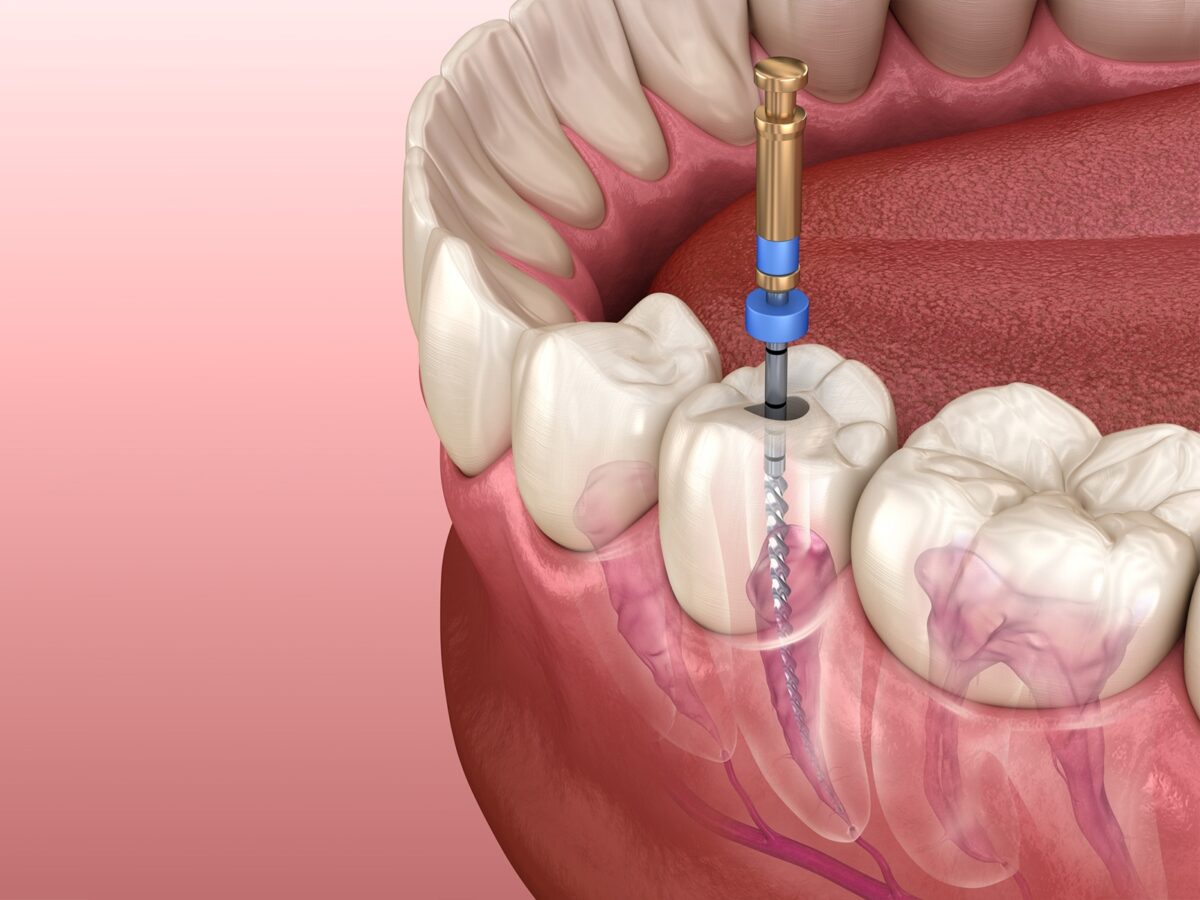Blog
Dental hygiene tips for healthy teeth & gums

Can a Root Canal Get Infected?
The reason for getting a root canal done on a tooth is inflammation or infection in the soft tissue inside the tooth.
Reasons for infection in the tooth can be many ranging from decay or bacteria in the mouth to severe chip or crack in tooth or a dental crown not working properly. Even if you feel that taking out the damaged tooth is more convenient and less time taking than a root canal, it is always better to keep your natural teeth and heal them with a root canal procedure.
But even after a root canal, there are possibilities of re-infection in the same tooth. Let us understand what signs you should look for to know if your root canal is infected and the reasons for infection in a root-canaled tooth.
Warning Signs of Re-Infection in a Root Canal Treated Tooth
Some of the signs and symptoms that your tooth, which has gone through a root canal procedure earlier, has been infected again are outlined below:
- Ongoing pain in the tooth: If your tooth has acute pain after root canal especially when you bite down then there could be a chance of root canal reinfection. Infected root canals can cause severe pain since the tooth material inside the treated tooth is extremely sensitive.
- High sensitivity to food: If you feel immense sensations while eating anything cold or hot and the pain does not go away even after you have finished eating, then you might need to see your dentist to figure out if there is a root canal infection.
- Swollen gums and tenderness: When the root canal is infected the gum is swollen more than normal. There could be a lump formation and the swelling could extend to the face and neck. The gums would usually be more tender than normal in case of an infected root canal.
- Foul order: Root canal infection could give off a bad odor from the mouth.
What Can Cause Infection After Root Canal?
There are many reasons to get an infection after a root canal treatment like:
- A delay in placing a permanent crown on the root-canaled tooth, which adds an extra layer of protection. This delay gives bacteria an opportunity to re-infect the tooth.
- The original seal on the tooth was not sufficient to ward off bacterial contamination.
There is no reason to fret much if you develop another infection in a tooth that has gone through the root canal process. You can get a second round of root canal done for your tooth. Your dentist might examine your tooth to find out if the problem is more complicated and decide upon whether an apicoectomy (also called root end surgery where the tip of the root is removed and filled with a biocompatible substance) needs to be performed or not.
Schedule your appointment with a dentist today and get the treatment on time!


